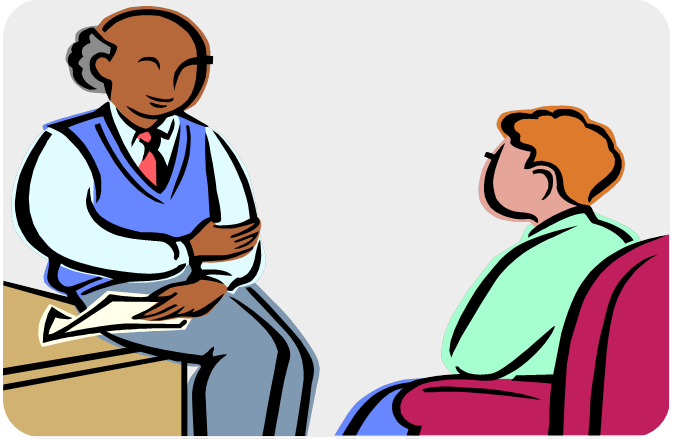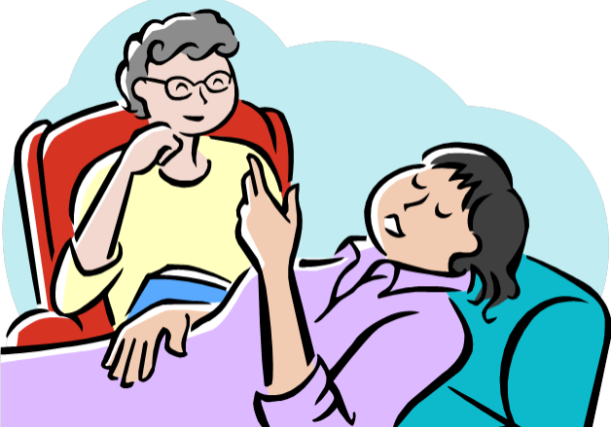
Welcome!
Mental health practitioners all over the world value cultural diversity, but it's not always easy to translate that respect into culturally-responsive services. Cultured Psychology Services is dedicated towards making practical, "how-to" information on culturally-tailored mental health services accessible to helping professionals. On this site, you will find resources that summarize the "take-home" messages of almost 200 peer-reviewed publications on culture and mental health. Chinese philosopher Wang Yang Ming once stated "知行合一" that "knowledge and action go hand in hand". The author's hope is that these resources will empower helping professionals to put their knowledge and respect of culture into practice in new and exciting ways, to the benefit of their culturally diverse clients.
Past Presentations and Workshops:
- Anti-Racism: Responding to Difficult Stories With Empathy, Allyship, and Solidarity
- Bringing Culture Into the Counselling Room (for counselling students)
- Cross-Cultural Counselling: Introducing the CCC Program (for U of A counselling students)
- Inspiring Self-Care, Self-Awareness, and Knowledge (for LINC teachers)
- Interpretation in Counselling Training
- Metal Health (for healthcare aide students)
- Mental Health: Orientation to Mental Health in Canada
- Supporting Newcomer Mental Health in an Educational Setting (for LINC teachers)
Professional Ethics & Respect for Diversity
The Mental Health Disparity
- Are less likely to seek help for mental health
- More likely to drop out of therapy
- Recieve less benefit from therapy than European-American counterparts
Improved Outcomes
- Increased session smoothness & depth
- Greater reported client satisfaction
- Increased perception of counsellor credibility
- Higher service utilization
- Decreased no-show & dropout rates
The effect size of culturally adapted therapy is estimated to be r=.22 (Griner & Smith, 2006; Huey & Polo, 2008; Smith, Domenech Rodrıguez, & Bernal, 2011), or even up to .25 when services were targeted to a single ethnic group or to less-acculturated clients. This compares well to other important elements of therapy such as the working alliance at approximately .25 (Safran & Muran, 2006) and theoretical orientation at up to .20 (Wampold et al., 1997). In other words, in a culturally-adapted program delivered to less-acculturated clients or designed for a specific ethnic group, the average participant typically does equal-or-better than 69% of clients receiving non-adapted therapy, and reports satisfaction levels equal-or-greater than 82% of clients recieving ordinary services!
Therefore, we may consider culturally adapting therapy as comparably beneficial to strong relationship building and careful selection of theretical orientation.
Adapted From:
Rapacki, T. M., & McBride, D. L. (2014, July). From awareness to practice: An online workshop on bringing culture into the counselling room.Retrieved from ERIC database. (ED545469). [Available at: http://files.eric.ed.gov/fulltext/ED545469.pdf]
Want to Learn More?
Request a workshop or presentation.


